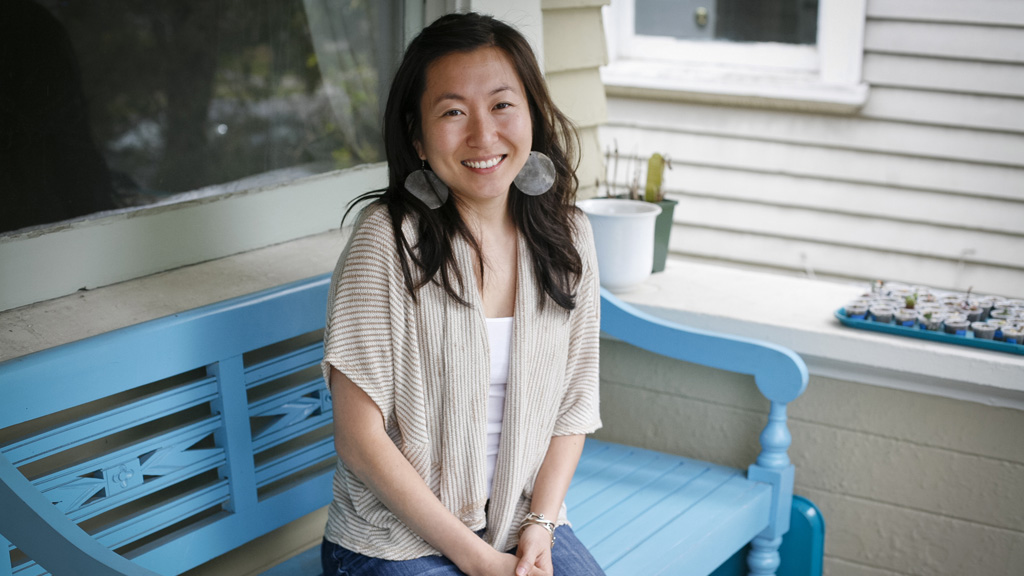Bluestockings Magazine has a new interview out with Mia Mingus, a writer, abolitionist, organizer, and member of the Bay Area Transformative Justice Collective (BATJC), which works to build transformative justice responses to child sexual abuse.
Chanelle Adams and Irene Rojas-Carroll’s interview with Mingus is worth a read in full — it touches on eldercare, environmental sustainability, apocalyptic thought, and transformative justice on college campuses — but I was particularly struck by Mingus’s reflections on care, burnout, and movement sustainability:
People are also realizing, and continuing to realize, that sustainability of our movements is so important, because we also are seeing professionalization of our movements like never before with the non-profit industrial complex. Because of this professionalization and because people have been working in organizing as their jobs, we have to find ways to sustain ourselves. So there’s resiliency in having to build a new world as a part of sustainability. We can’t just keep resisting and resisting and resisting all the time because we will burn out and there will always be something to respond to, to write a blog post about, to go to the capitol and protest about, or go to the streets for. I know in Oakland, folks are burned out just having to continue to go and protest seemingly the same actions and events, just changing the names of the people who have been killed. Like, I don’t know how many times I can come out and do the same march and just say a different person’s name. Because so many of our folks are being killed. We have to find a way to do something different.
Mingus’s reflections on care and the non-profitization of our movements put me in mind of a piece a friend introduced me to, over at the CrimethInc. Ex-Workers’ Collective:
Self-care and workaholism are two sides of the same coin: preserve yourself so you can produce more. This would explain why self-care rhetoric is so prevalent in the non-profit sector, where the pressure to compete for funding often compels organizers to mimic corporate behavior, even if they use different terminology….
Caring for ourselves doesn’t mean pacifying ourselves. We should be suspicious of any understanding of self-care that identifies wellbeing with placidity or asks us to perform “health” for others. Can we imagine instead a form of care that would equip each of us to establish an intentional relationship to her dark side, enabling us to draw strength from the swirling chaos within? Treating ourselves gently might be an essential part of this, but we must not assume a dichotomy between healing and engaging with the challenges around and inside us. If care is only what happens when we step away from those struggles, we will be forever torn between an unsatisfactory withdrawal from conflict and its flipside, a workaholism that is never enough. Ideally, care would encompass and transcend both struggle and recovery, tearing down the boundaries that partition them.
This kind of care cannot be described in platitudes. It is not a convenient agenda item to add to the program of the average non-profit organization. It demands measures that will interrupt our current roles, bringing us into conflict with society at large and even some of the people who profess to be trying to change it.
Just some thoughts for the weekend. Check out the full pieces here and here.
Header image credit: Oakland Local

Join the Conversation